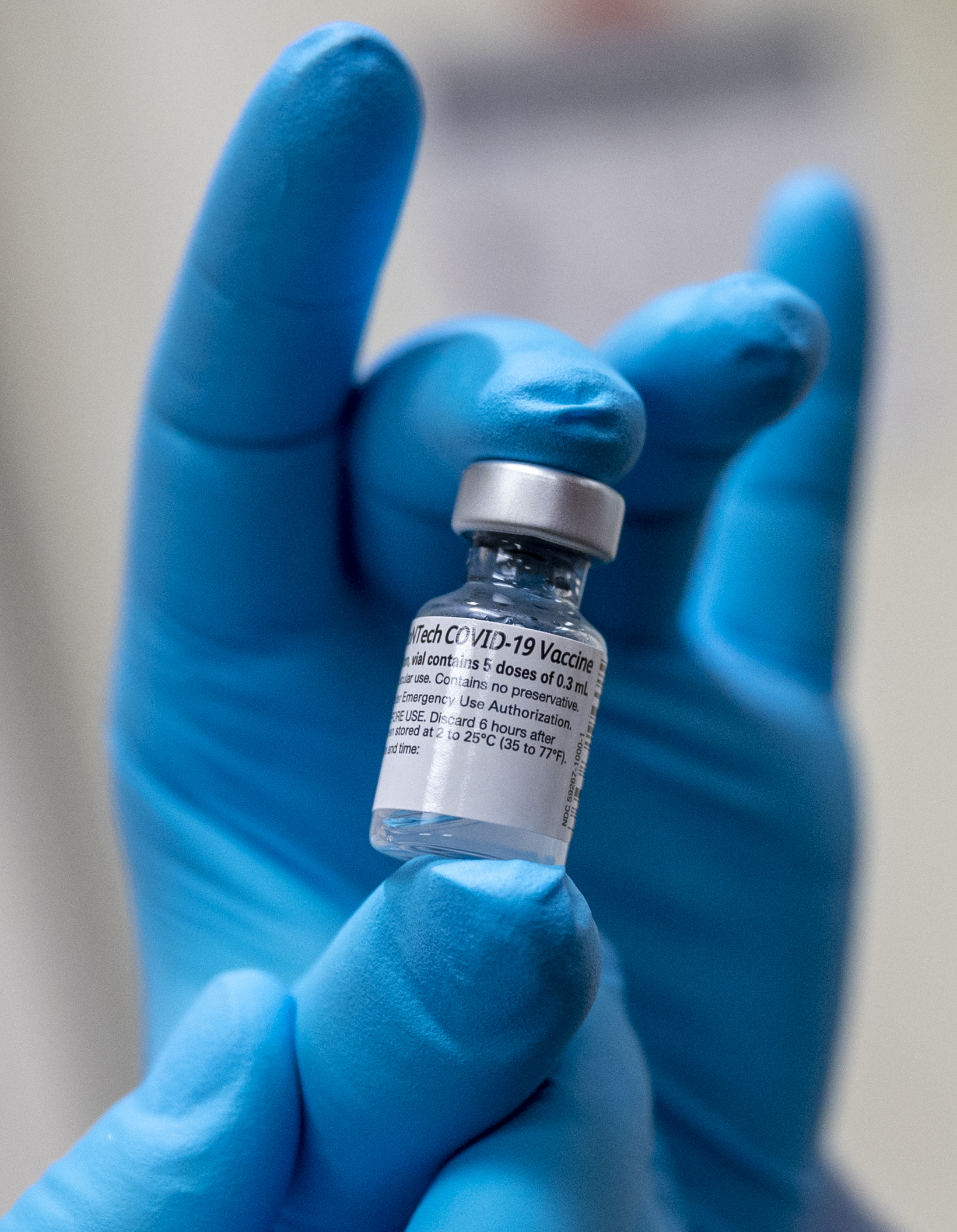Key takeaways
• Dr. Susan Monarez, former CDC head, faced senators after her firing.
• Senators clashed over whether to swear Monarez and Dr. Debra Houry in.
• Bernie Sanders pointed out it is illegal to lie to Congress.
• Debate highlighted trust issues and vaccine policy disputes.
Senate hearing sparks unexpected laughs
During a Senate hearing, senators and witnesses broke into laughter. The moment came when Sen. Bernie Sanders spoke up. He reminded everyone that lying to Congress is against the law. His comment followed a debate about putting witnesses under oath. Suddenly, the whole room erupted in amusement.
This Senate hearing took place in the Health Committee room. It focused on high‐profile figures in U.S. health policy. Among them was Dr. Susan Monarez. She once led the Centers for Disease Control and Prevention. However, Health Secretary Robert F. Kennedy Jr. fired her over vaccine policy disagreements.
Senate hearing rule fight over oath
Sen. Bill Cassidy proposed changing the committee rules. He asked to swear in Monarez and Dr. Debra Houry. Dr. Houry now leads parts of the CDC. Sen. Susan Collins quickly opposed the change. She argued the current process works fine. As a result, a heated exchange unfolded.
Then Sen. Bernie Sanders weighed in. He noted that Secretary Kennedy never faced an oath. Earlier that month, Kennedy had called Monarez a liar. Sanders highlighted the irony. The senator said all witnesses should follow the same rules. That is when laughter broke out across the chamber.
Importance of oath in Senate hearing
Putting a witness under oath makes their words more official. Oaths help ensure honesty. During this Senate hearing, senators debated fairness. They asked if past witnesses should have faced the same requirement. In particular, Kennedy’s statements on vaccine safety drew scrutiny. Some questioned why he never answered under oath.
Sen. Cassidy reminded everyone that “it’s against the law to lie to Congress anyway.” To which Sanders replied, “That’s right.” Then Cassidy added that an oath can boost credibility. This back‐and‐forth captured national attention. It also underlined deep tensions over health policy.
Monarez speaks on integrity
Dr. Monarez described her firing in emotional terms. She said RFK told her, “I could not trust you.” She felt she had only two choices. She could stay silent and keep her office and title. Or she could speak up and protect her integrity. She chose integrity.
She explained that keeping silent would not cost her job masks or graphs. Instead, it would cost her honor. “I could have kept the title,” she said. “But I would have lost my integrity.” Her words resonated with many watching. They underscored why the oath debate mattered so much in this Senate hearing.
Vaccine policy disputes fuel tension
The root of this drama lies in vaccine policy. Monarez and Houry both shaped key health decisions during the pandemic. Kennedy clashed with them on mask rules, vaccine mandates, and safety protocols. As a result, he removed them from their positions. This Senate hearing gave them a public chance to explain their views.
Furthermore, some senators questioned Kennedy’s own statements on vaccine safety. They pointed to past public comments. Meanwhile, Kennedy insists his actions protect free speech on health topics. This tug‐of‐war over science, policy, and trust defined the hearing’s tone.
What comes next after the Senate hearing
After the laughter died down, senators agreed to study the rule change. The committee will decide if all future witnesses need an oath. They may also consider retroactive oaths for past testimonies. This could impact high‐level officials across different agencies.
At the same time, Monarez and Houry continue their work in health research. They plan to share lessons learned from the pandemic response. Their next steps may include advising on new vaccine studies. Also, they could welcome invitations to more Senate hearings.
Meanwhile, public interest in the committee’s decisions remains high. Observers wonder if the oath debate will alter how Congress gathers testimony. They also ask if officials will face stronger penalties for false statements.
Ultimately, this Senate hearing highlighted one key theme: trust. Without trust, public health guidance can lose power. When leaders disagree on basic facts, people grow confused. In response, senators are now rethinking rules to protect truth in testimony.
Frequently Asked Questions
Why was Dr. Susan Monarez removed from her CDC role?
She was fired by Health Secretary Robert F. Kennedy Jr. over disagreements on vaccine policies.
What sparked the laughter during the Senate hearing?
Senators laughed when Bernie Sanders pointed out it’s illegal to lie to Congress.
Who are the other witnesses involved in this debate?
Dr. Debra Houry, Kennedy’s former deputy at the CDC, was also at issue.
What could change after this Senate hearing?
The committee may require all witnesses to swear an oath, past and future.
